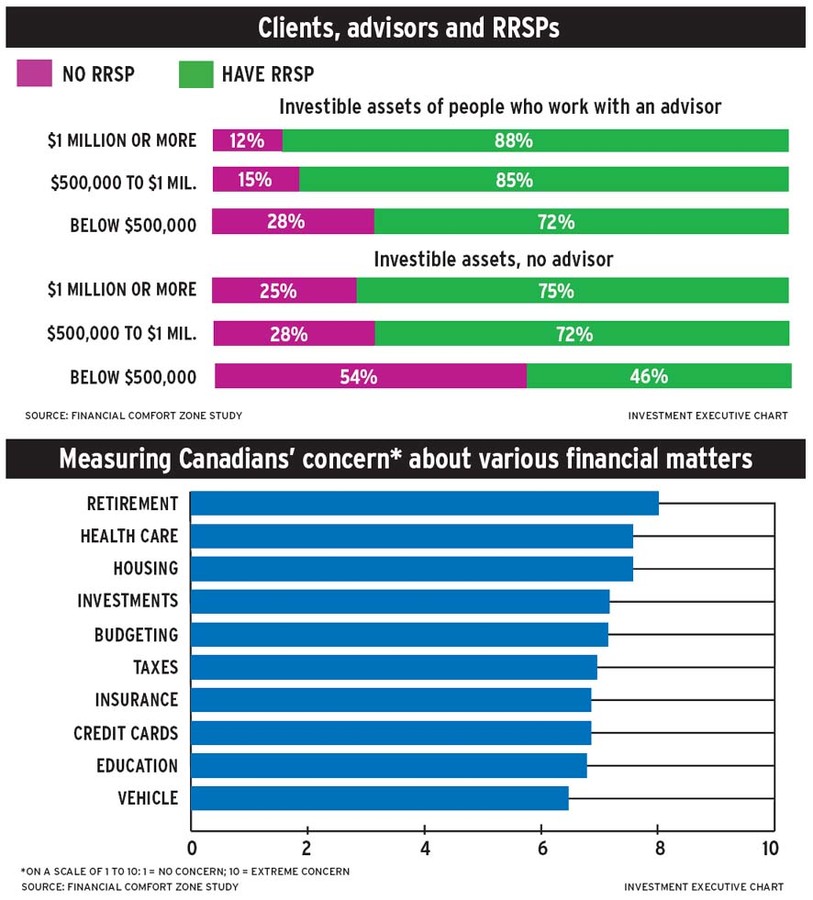
The Investment Industry Association of Canada (IIAC) is asking the Department of Finance Canada to consider changing tax rules affecting tax-free savings accounts (TFSAs). The IIAC wants to ensure that any penalty tax liability associated with TFSAs are borne by the account holder and not the financial institution that issued the account.
This topic has arisen because the Canada Revenue Agency (CRA) has been auditing certain TFSA accounts to determine whether the trading of securities within those accounts represents carrying on a business. If that is the case, income and gains generated in the account would be taxed as ordinary income. Normally, income and gains generated in a TFSA, as well as withdrawals from the TFSA itself, are not taxed.
Under current legislation, any tax liability associated with carrying on a business in a TFSA, above any amount that can be covered by funds within the TFSA itself, would lie with the TFSA trustee and, ultimately, the issuer — and not the TFSA holder. The IIAC is asking for a change to that legislation.
“We believe that the best and most straightforward approach would be for the tax on the income earned in the TFSA from carrying on a business to be levied on the TFSA holder, rather than the TFSA itself,” wrote Barbara Amsden, managing director of the IIAC in a letter to Finance Canada dated Dec. 23.
Without a change in legislation, the IIAC argues, financial institutions could decide that the risk of incurring a tax liability based on an account holder carrying on a business in a TFSA is too great. They might then begin to ask TFSA holders to acquire a Section 159 clearance certificate before allowing holders access to amounts within their TFSA.
“Charging back a TFSA holder for unpaid penalties,” the association says, “would unacceptably place a chill on the issuance to — and the making available of funds from — TFSAs to honest taxpayers.”
The test involved in determining whether a taxpayer is carrying on a business is based on eight factors, including how frequently securities are traded, the length of time securities are owned, the taxpayer’s knowledge or experience in the capital markets and whether the securities are considered speculative in nature. The IIAC has also been in communication with the CRA about providing taxpayers with more clarity regarding what the agency considers to be carrying on a business within a TFSA.